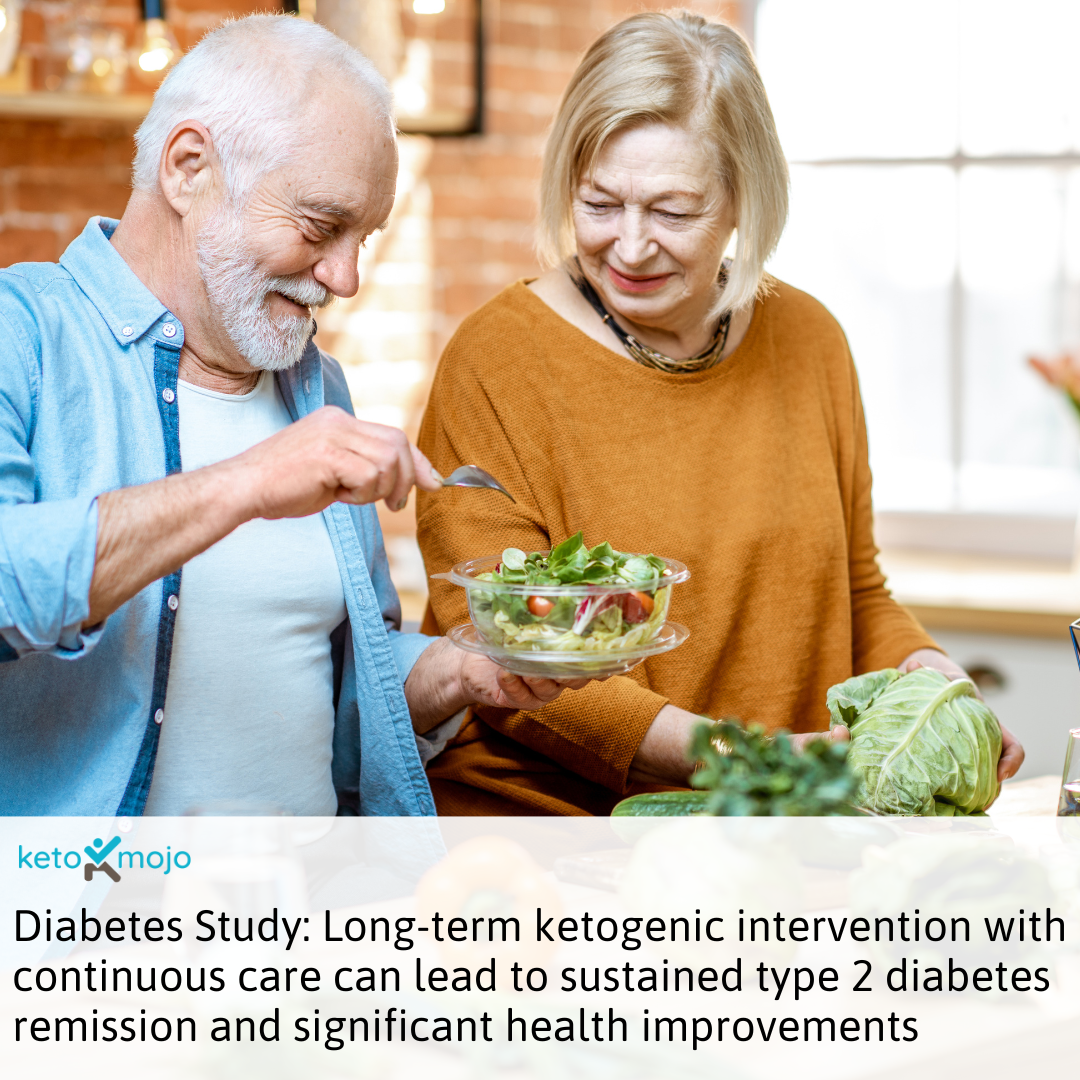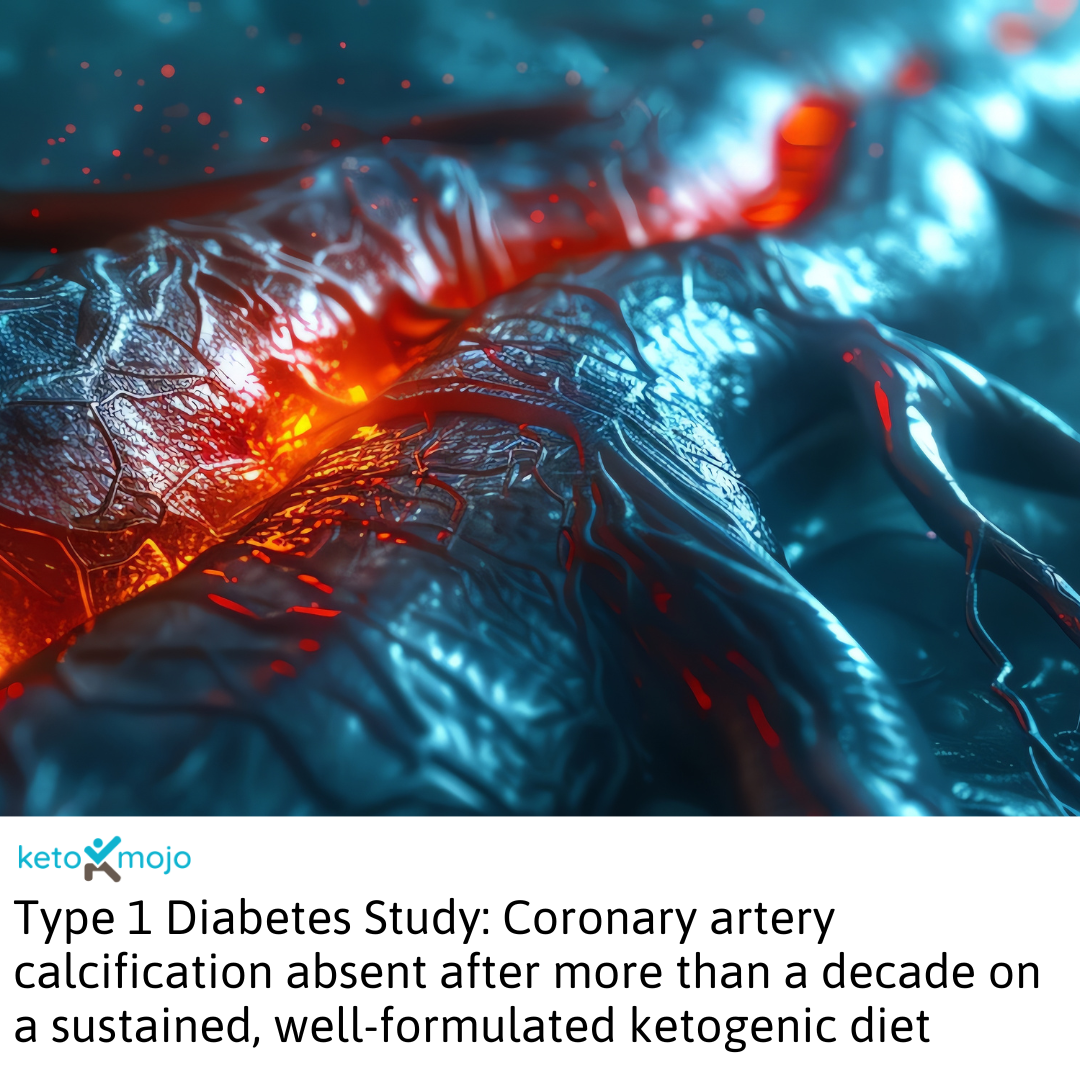Diabetes
5-Year effects of a novel continuous remote care model with carbohydrate-restricted nutrition therapy including nutritional ketosis in type 2 diabetes: An extension study

Over the past two decades, research has challenged the view that type 2 diabetes is an irreversible, progressive condition. New evidence suggests that sustained remission, marked by HbA1c levels below 6.5% without the use of glucose-lowering medications for at least three months, is achievable through various interventions. The benefits of remission extend beyond glycemic control, with potential long-term reductions in diabetes-related complications.
Researchers at Virta Health recently published a five-year update on their continuous care intervention (CCI) for individuals with type 2 diabetes, which focused on a very-low-carbohydrate diet targeting nutritional ketosis, delivered via telemedicine. Participants received ongoing support and monitoring, including medication adjustments, from a care team via a web-based platform. The primary goal was to evaluate the sustainability of diabetes remission and improvements in cardiometabolic health over five years.
Of the original participants in the two-year study, 122 continued and completed an additional three years.
Results for participants who completed 5 years:
- 20% of participants achieved diabetes remission according to international consensus criteria (HbA1c < 6.5% for at least three months without medication).
- 32.5% of participants reached diabetes reversal (HbA1c < 6.5% without medication or with metformin only).
- Average weight decreased by 7.6% from baseline.
- Fasting insulin levels decreased by 30.6%.
- Triglyceride levels decreased by 18.4%, and HDL cholesterol increased by 17.4%
- High-sensitivity C-reactive protein (hs-CRP) decreased by 43.6%.
- The use of diabetes medications, including insulin, dropped significantly, with a 50% reduction in insulin use.
These results demonstrate that a ketogenic intervention with continuous remote support can lead to sustained remission of type 2 diabetes in many participants. Moreover, the participants that did not achieve full remission still saw significant improvements in glycemic control, cardiovascular risk, and reduced medication use. This suggests therapeutic carbohydrate reduction is a promising long-term strategy for managing type 2 diabetes and reducing medication dependence.






